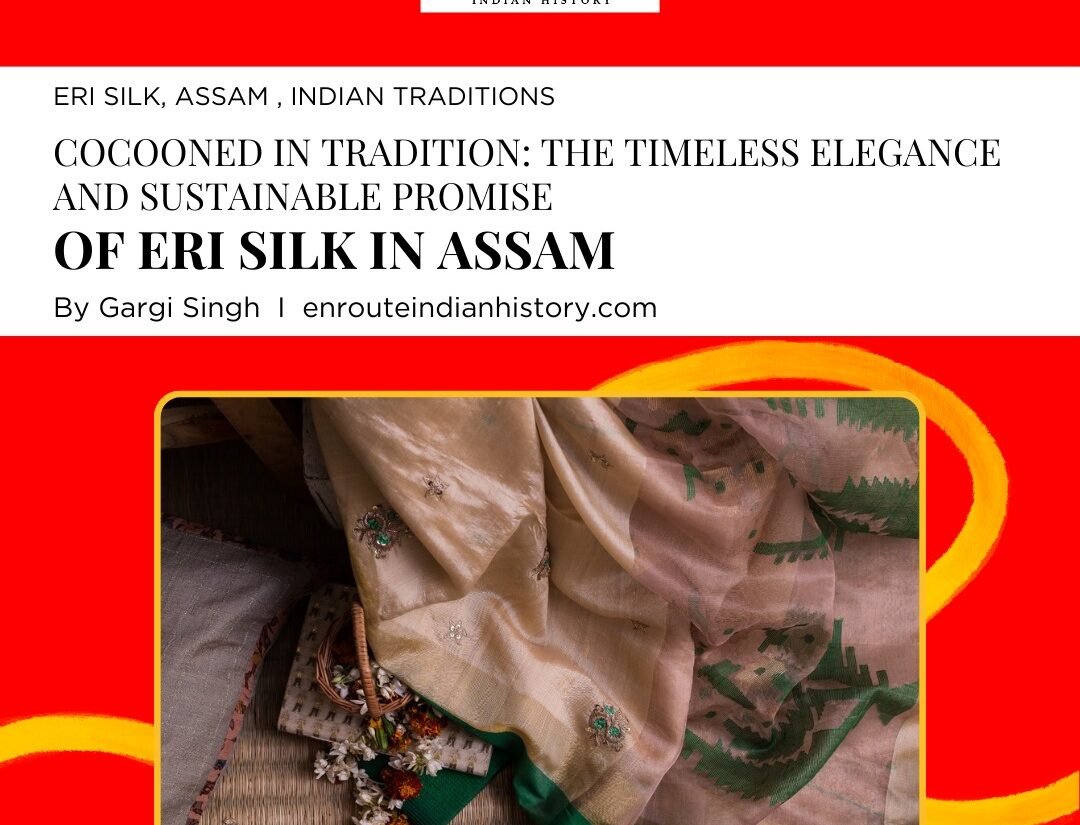
Siliguri Hong Kong Market is a famous shopping destination in Siliguri, West Bengal, India. It is well-known for selling low-cost imported goods including international brands of clothing, shoes, electronics, and other items. The market sold everything ‘strange’ to the entire Northeast, and tourists are now a thing of the past. During the days of closed economy, Hong Kong mart, as the name suggests, had an unrivalled charm as the lone mart for illegal goods in the entire West Bengal.
From cut-piece fabrics to foreign wine, anyone shopping for anything ‘foreign’ had no choice but to enter this market. The allure of a 50,000 square foot market drew travellers to a town devoid of tourist attractions.
History
The origins of Siliguri’s Hong Kong Market, though somewhat unclear, are believed to trace back to the late 1960s or early 1970s. During this period, numerous traders from Hong Kong migrated to Siliguri, establishing shops that specialised in selling imported items from China and various other countries. The market’s inception coincided with the 1971 Indo-Pakistan war when, confronted with an influx of young, homeless individuals into the border town, Bengali immigrants turned to selling contraband along the Bidhan Market’s roadsides.
Facing substantial risks and potential profits, these immigrants, along with a few locals, received support from Aloknath Chowdhury, the then-chairman of Siliguri Municipality. In 1974, he allocated a sizable plot of land, enabling the establishment of permanent structures for these newcomers. Initially modest, only 16 merchants could afford permanent setups, with their source of goods located across the border in Nepal. Smuggled commodities streamed into the market from Nepalese towns like Kakarvitta, Dhulabari, and Pasupathi Nagar. In a time when India’s markets were closed off to the outside world, the foreign goods in the Hong Kong market quickly established its reputation throughout Darjeeling, Sikkim, and the wider Northeast. By the early 1980s, the market thrived with over 450 structures.
This market became a must-see for many travellers, especially drawing in army personnel seeking foreign umbrellas and various fabrics. Initially, it served as a hotspot for illegal Chinese goods that were restricted in India. The market garnered attention from buyers across the country and tourists searching for unique items, with goods arriving from Hong Kong, Japan, Korea, and Italy through smuggling routes via Nepal. Carriers would gather contrabands in different Nepalese markets and transport them to Siliguri, crossing the Mechi River at Galgalia in Bihar and Panitanki in West Bengal.
Changing Patterns of the Market
From its origins in selling contrabands, the Hong Kong Market in Siliguri has undergone significant transformations. The shift was notably influenced by the advent of globalization and the Indian government’s decision to liberalize import policies in the early 2000s, which had profound effects on the local shopkeepers.
The liberalization of import policies led to major investors and businessmen in Siliguri directly importing Chinese goods through Kolkata Port. Capitalizing on Siliguri’s strategic location, these importers now cater to the foreign goods market across the entire Northeastern states. The once-thriving foreign goods hub in eastern Nepal, Dhulabari, has seen a decline, with many businessmen relocating to Siliguri. Factors such as the Maoist movement in Nepal also contributed to the shift, forcing Nepalese importers to establish their businesses in Siliguri.
The onslaught of big businessmen, the rise of large shopping malls, and the impact of an open economy have taken a toll on the Hong Kong Market. The market is now heavily reliant on tourists and customers from Darjeeling Hills and Sikkim. However, the disappearance of a significant portion of high-end customers and army personnel has been notable. Concerns are raised that further easing of import regulations by the government could further jeopardize the market’s survival.
Sanjiv Saha, one of the shopkeepers, expressed frustration over the situation, noting that the influx of importers has led to the proliferation of parallel markets offering foreign goods at every corner of Siliguri. The competition is such that customers often prefer the cheaper options offered by the importers themselves, leaving traditional shopkeepers struggling to maintain profit margins.
Approximately 500 importers in Siliguri directly import goods from China and distribute them to various markets, including the Hong Kong Market and those in the Northeast. To cope with increasing competition from external retailers, some shopkeepers have resorted to selling second-hand products to maintain price parity. The market, with its exceptionally low prices, has even drawn comparisons to the infamous chor bazaars of Delhi and Mumbai. Adding to its eclectic offerings, the Hong Kong Market has become a hub for imported electronic items, particularly those labelled as ‘Chinese.’ While these electronic items may be of lower quality, their affordability has attracted a significant customer base. Items such as electronic watches, shavers, perfumes, memory cards, power banks, LED table lamps, and similar products are prevalent in the market, contributing to its diverse array of goods.
Backlash and Current Situation
Amid widespread anti-China sentiments and in response to the recent clash between Indian and Chinese troops in the Galwan Valley, the ‘Hong Kong Market’ near Siliguri’s Hill Cart Road in West Bengal is undergoing significant changes. Shop owners, in an act of protest, have decided to remove any reference to Hong Kong and cease the sale of Chinese goods at the 50-year-old market known for offering affordable Chinese products to both tourists and locals.
Tapan Saha, the general secretary of the Hong Kong Market Business Association, stated that the decision reflects the market’s solidarity with the Indian Army in the wake of the Ladakh standoff. The association plans to finalise a new name for the market in the upcoming meeting, emphasising that no Chinese products will be allowed once the existing stock is depleted. This decision marks a significant shift, with traders at the shopping centre, which houses around 6,000 stores, stating that they will no longer place orders for new Chinese products. Instead, they intend to transition to domestic products, expressing the hope for reduced taxes on these goods.
Despite the market’s four-decade-long history and its enduring popularity, especially for the unique experience of bargaining over prices, the influx of foreign goods in other retail markets in Siliguri has raised concerns about the future of small Bengali businesses in the Hong Kong Market. The decision to discontinue Chinese goods is seen as a response to the prevailing anti-China sentiment and a gesture of support for domestic products.
The sourcing of Chinese goods to Siliguri involves a complex route from Guangzhou in Guangdong province and Yiwu in Zhejiang province, with containers passing through Hong Kong, Singapore, and Kolkata before reaching Siliguri in 20 to 25 days. Despite the relative ease of importing goods from China, shopkeepers in the Hong Kong Market are taking a stand against such imports, emphasizing their commitment to supporting Indian-made products.
One notable aspect of the market’s current situation is its exclusion from the import of readymade garments and sports shoes, which fall under anti-dumping regulations, attracting substantial import duties. These specific items remain unique to the Hong Kong Market, providing a distinctive edge in the market.
Shopkeepers in the Hong Kong Market are facing economic challenges, with some struggling to meet even basic financial obligations. The market, which once served as a lifeline for Bengali shopkeepers, now finds itself in a serious crisis, and stakeholders fear that the situation may worsen unless a transformative solution emerges. The market’s evolution in response to geopolitical events underscores the complex interplay between global affairs and local businesses in this vibrant shopping hub.
References
- admin (2016) ‘Hong Kong Market is the best shopping location in Siliguri | MithilaConnect’, 19 October. Available at: https://www.mithilaconnect.com/hong-kong-market-is-the-best-shopping-location-in-siliguri/ (Accessed: 26 November 2023).
- Anti-china protests: siliguri’s hong kong market to change name, stop selling chinese products (2020) News18. Available at: https://www.news18.com/news/india/anti-china-protests-siliguris-hong-kong-market-to-change-name-stop-selling-chinese-products-2674395.html (Accessed: 26 November 2023).
- Atig, G. (2016) ‘The Importance of Being Siliguri, or the Lack Thereof Border-Effect and the “Untimely” City in North Bengal’.
- Banerjee, I. (2023) ‘Production of Railwayscape in urban environment: Analysing railway heritage tourism potential in Siliguri City, India’, Regional Sustainability, 4(1), pp. 1–12. Available at: https://doi.org/10.1016/j.regsus.2023.02.001.
- Boycotting “chinese” goods, threatening ‘local’ livelihoods: a case of hong kong market, siliguri| countercurrents (2020). Available at: https://countercurrents.org/2020/06/boycotting-chinese-goods-threatening-local-livelihoods-a-case-of-hong-kong-market-siliguri/ (Accessed: 26 November 2023).
- Hongkong market siliguri: টুরিস্টদের চুম্বকের মতো টানে, শিলিগুড়ির হংকং মার্কেটের এমন নামের কারণ জানেন? (no date) Aaj Tak বাংলা. Available at: https://bangla.aajtak.in/lifestyle/story/tourist-attraction-hongkong-market-siliguri-history-and-name-ssr-373740-2022-05-14 (Accessed: 26 November 2023).
- Karlsson, B.G. (2013) Contested belonging: an indigenous people’s struggle for forest and identity in sub-himalayan bengal. Routledge.
- Ladakh stand-off: Siliguri market in West Bengal to drop ‘Hong Kong’ from its name in protest against China (no date) India Today. Available at: https://www.indiatoday.in/india/story/india-galwan-ladakh-stand-off-siliguri-market-west-bengal-to-drop-hong-kong-name-protest-china-1690457-2020-06-18 (Accessed: 26 November 2023).


















